We are deeply saddened to share that Tim Wardle, an unwavering supporter of the assisted dying campaign, died from cancer, he was 86.
Tim, who lived in Devon, campaigned not just for himself, but for all those who are incurably and intolerably suffering. Diagnosed with inoperable kidney cancer following a ten-year battle with bladder, prostate, and lung cancer, he spoke publicly about why he wanted the legal right to die on his terms – at home, in peace, and with dignity.
Tim had seen cancer devastate his family, losing his grandfather, mother and both sisters to the disease. He was present at one sister’s death in Canada, and described her pain and suffering as “prolonged and undignified,” before Medical Assistance in Dying (MAID) was legalised there.
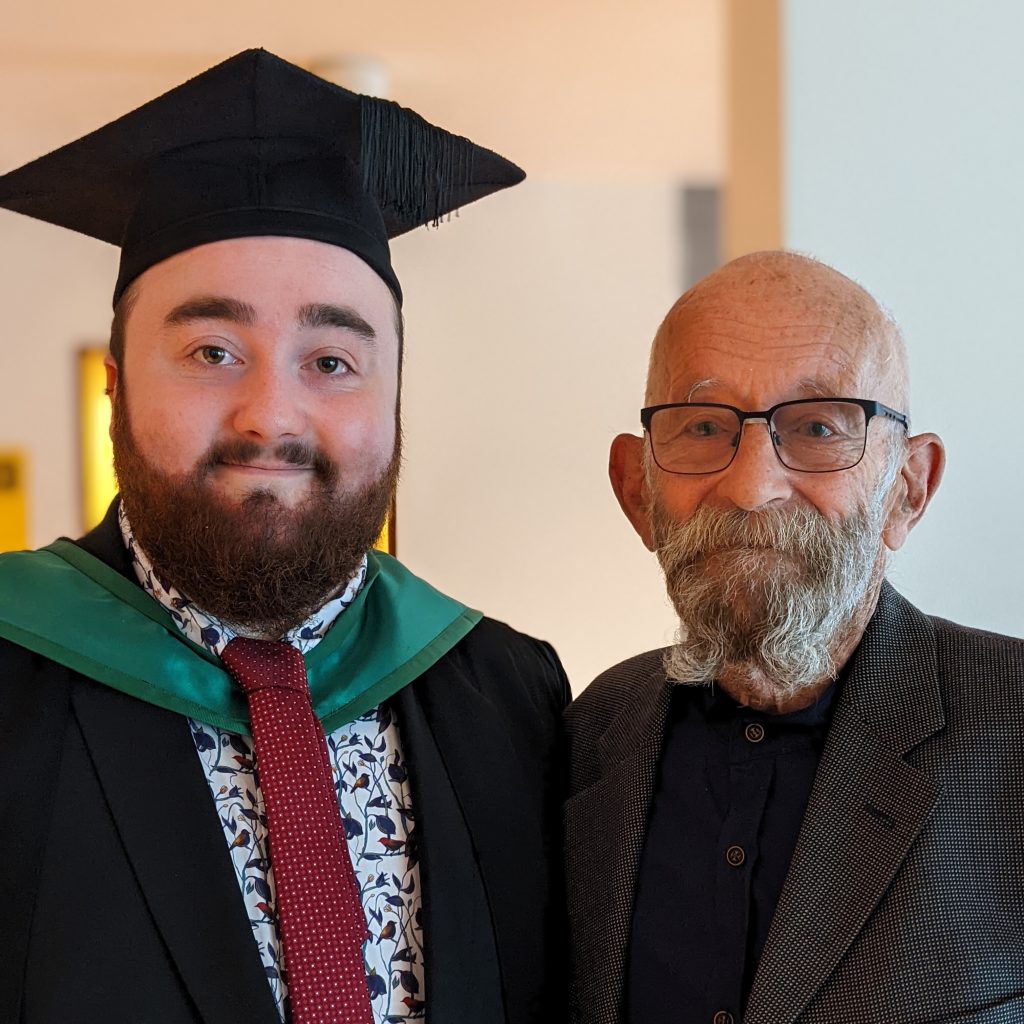
While he had explored the possibility of going abroad for an assisted death, Tim believed no one should be forced to leave home or spend thousands of pounds for the choice to die peacefully. As he put it:
“I wish to die at a time and place of my choosing, before losing control of my speech and bodily functions, and with my loved ones around me. I do not believe that any authority has the right to deny me that choice.”
He passionately believed that quality of life, not simply its duration, should be central to how we approach death.
His son, Charlie Wardle, said:
“I know this cause meant a lot to Dad, and the right to experience death on one’s terms is something he and I always agreed was humane and just. I am proud to know that his legacy lives on in such a meaningful and worthwhile campaign, and am grateful to My Death, My Decision for both the valuable work they do and the sensitivity they’ve shown us.”
At My Death, My Decision, we are proud to have worked alongside Tim and to have shared in his story. His dignity, courage and moral clarity leave a lasting legacy, and we will continue our campaign for a more compassionate law in his memory.
Graham Winyard, Board member at My Death, My Decision, said:
“Tim was a deeply principled and compassionate man who gave so much to the assisted dying movement, even while facing his own terminal diagnosis. He spoke with honesty and courage about the reality of dying in a country without choice. We are honoured to have known and worked alongside him, and we will continue campaigning in his name to ensure that others are not forced to suffer when there is a kinder, fairer alternative. Tim’s legacy is one of dignity, justice and compassion, and it will endure.”
Notes
Members of the MDMD team, as well as individuals affected by the current law on assisted dying, are available for interview upon request.
For further comment or information, media should contact Nathan Stilwell at nathan.stilwell@mydeath-mydecision.org.uk or phone 07456200033. (media only)
Media can use the following press images and videos, as long as they are attributed to “My Death, My Decision”.
My Death, My Decision is a grassroots campaign group that wants the law in England and Wales to allow mentally competent adults who are terminally ill or intolerably suffering from an incurable condition the option of a legal, safe, and compassionate assisted death. With the support of over 3,000 members and supporters, we advocate for an evidence-based law that would balance individual choice alongside robust safeguards and finally give the people of England and Wales choice at the end of their lives.

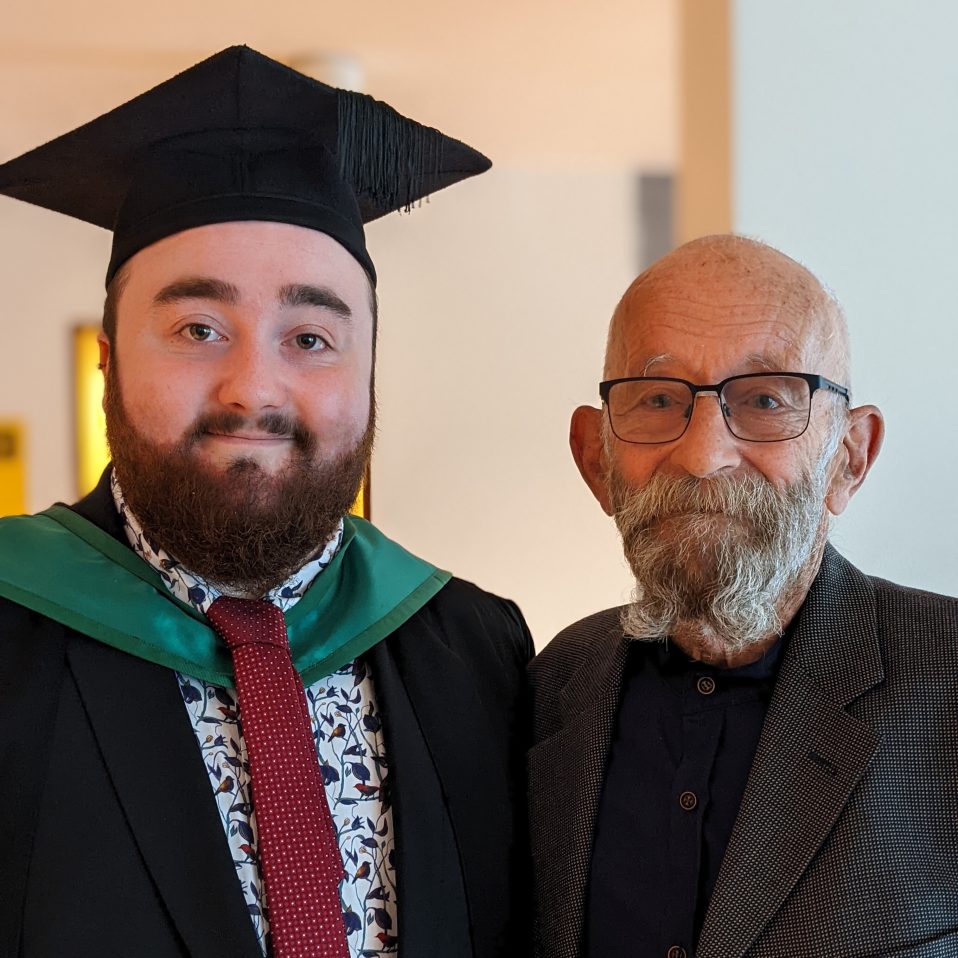
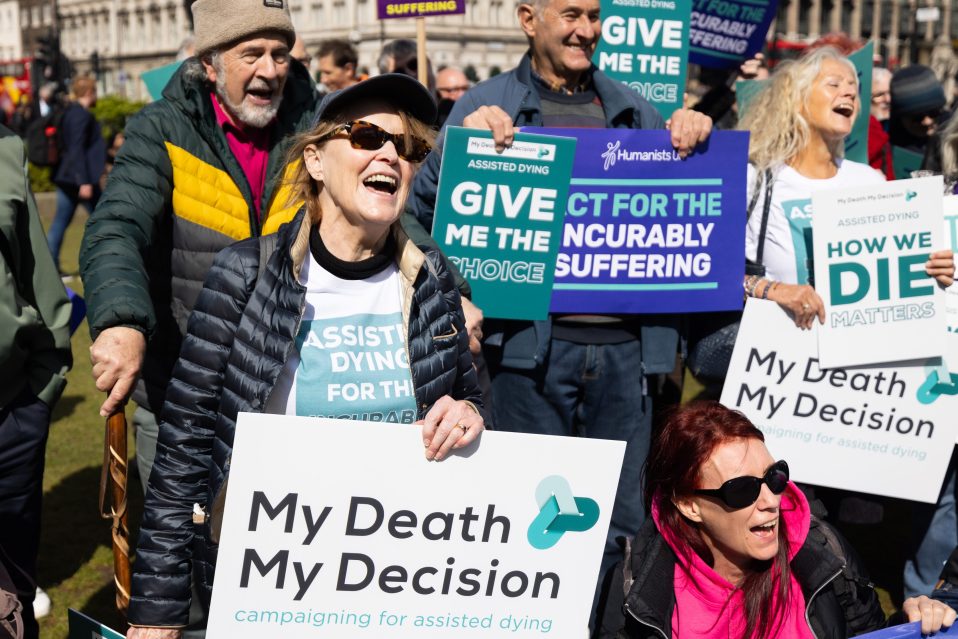
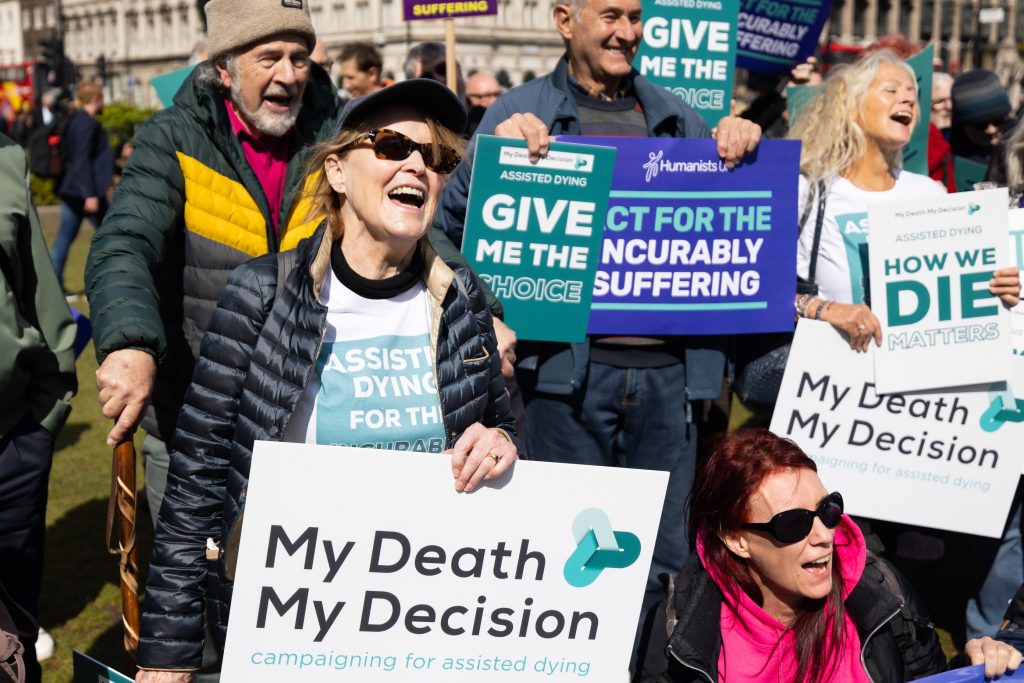


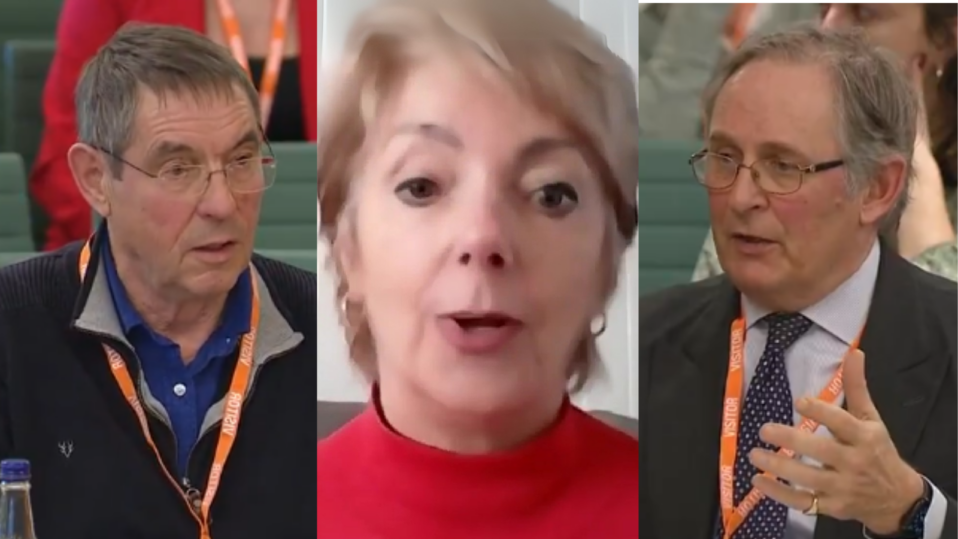
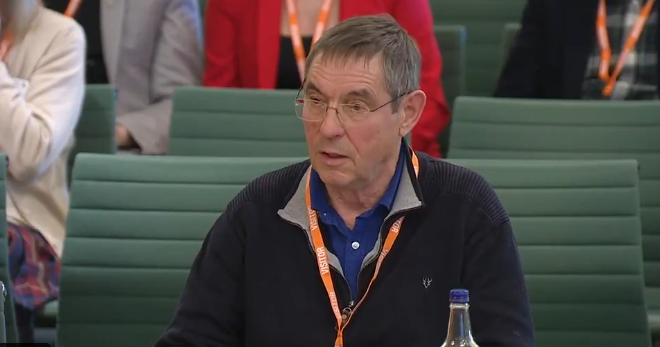
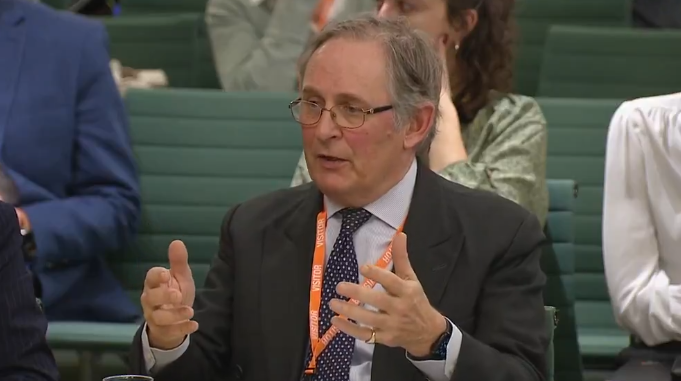
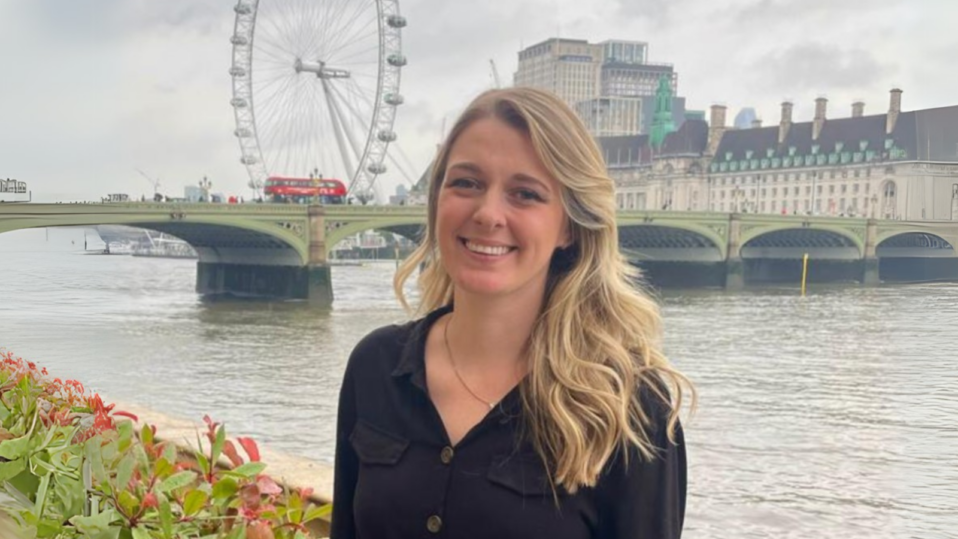



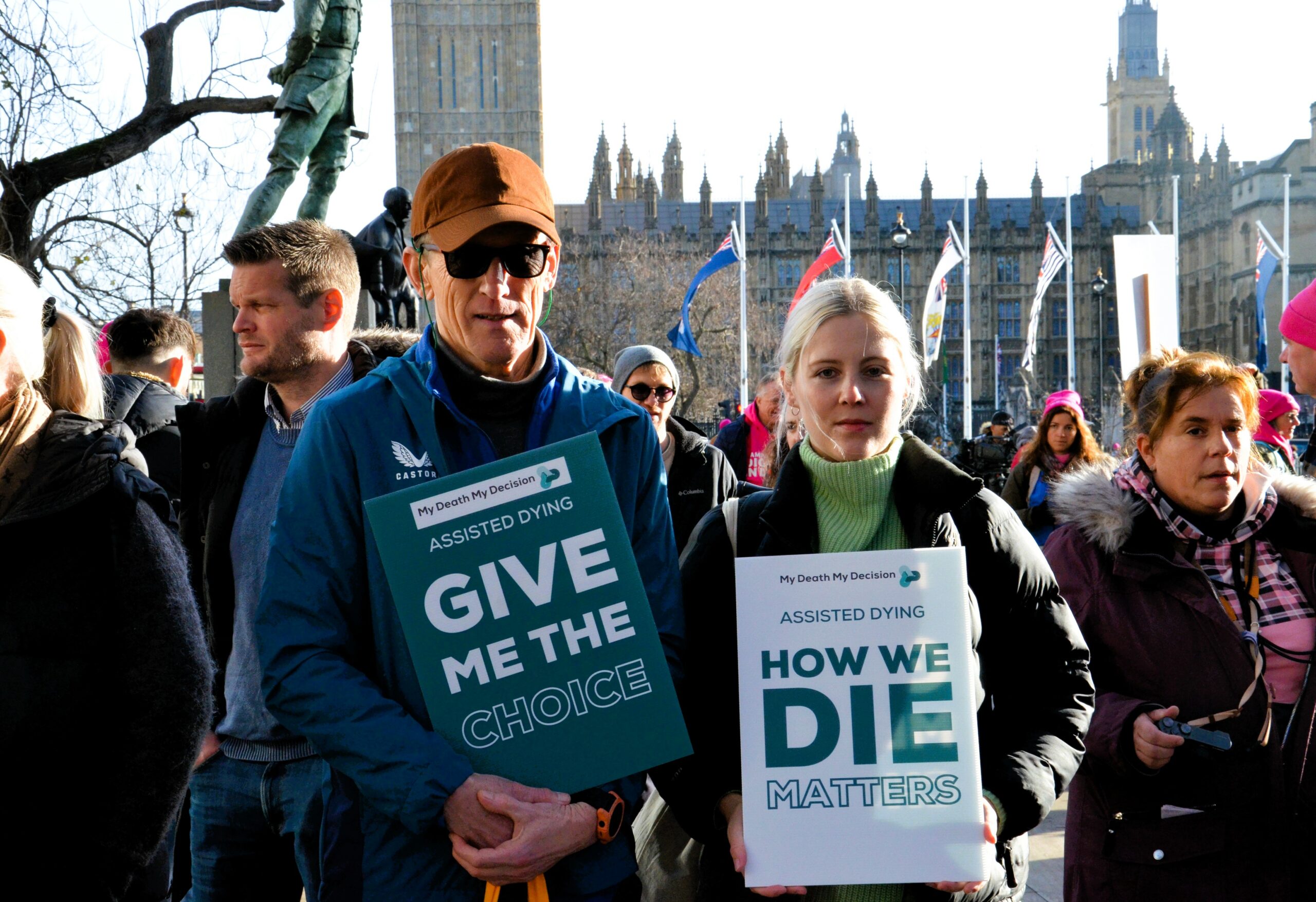
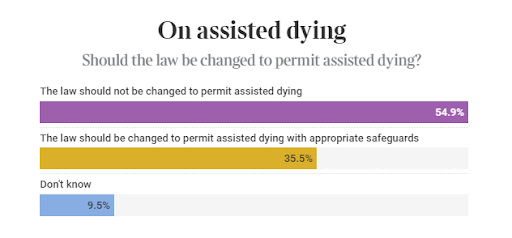


 A majority of Surgeons support assisted dying, according to
A majority of Surgeons support assisted dying, according to 
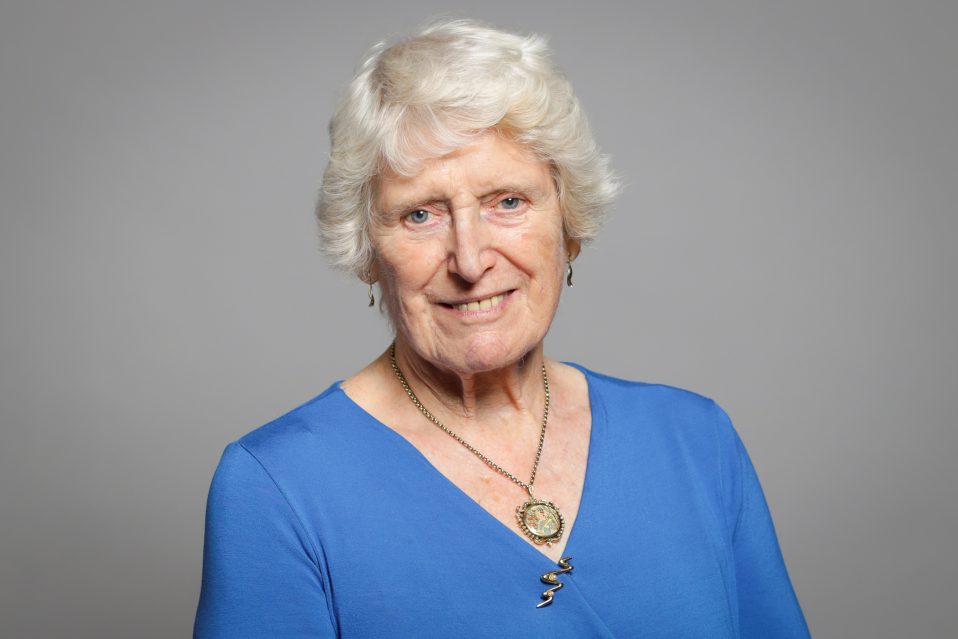

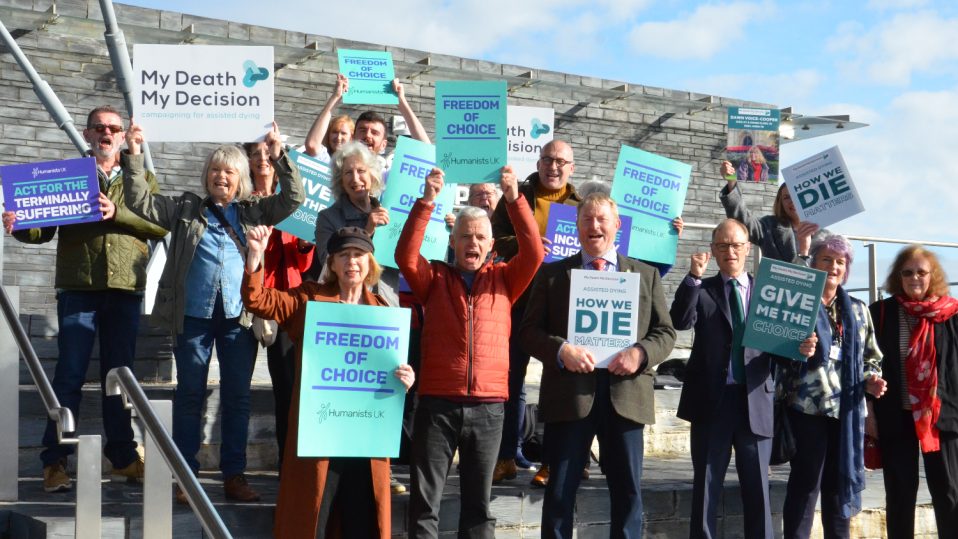

Recent Comments